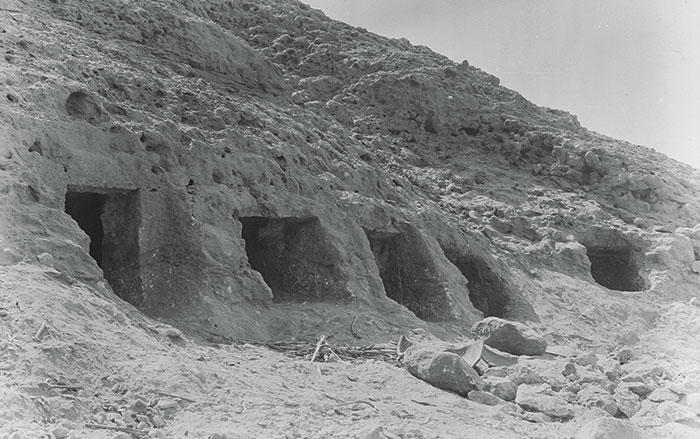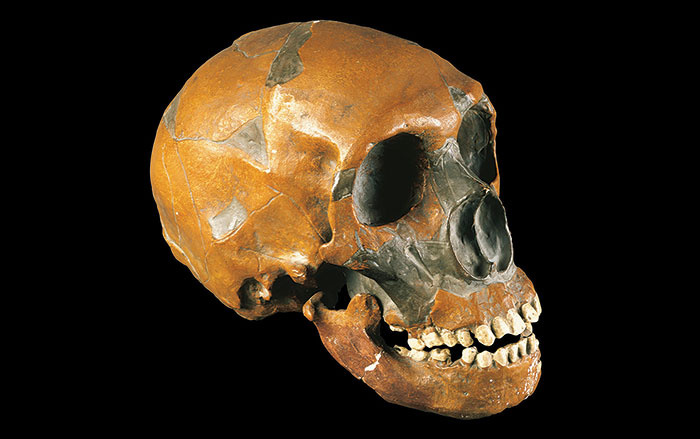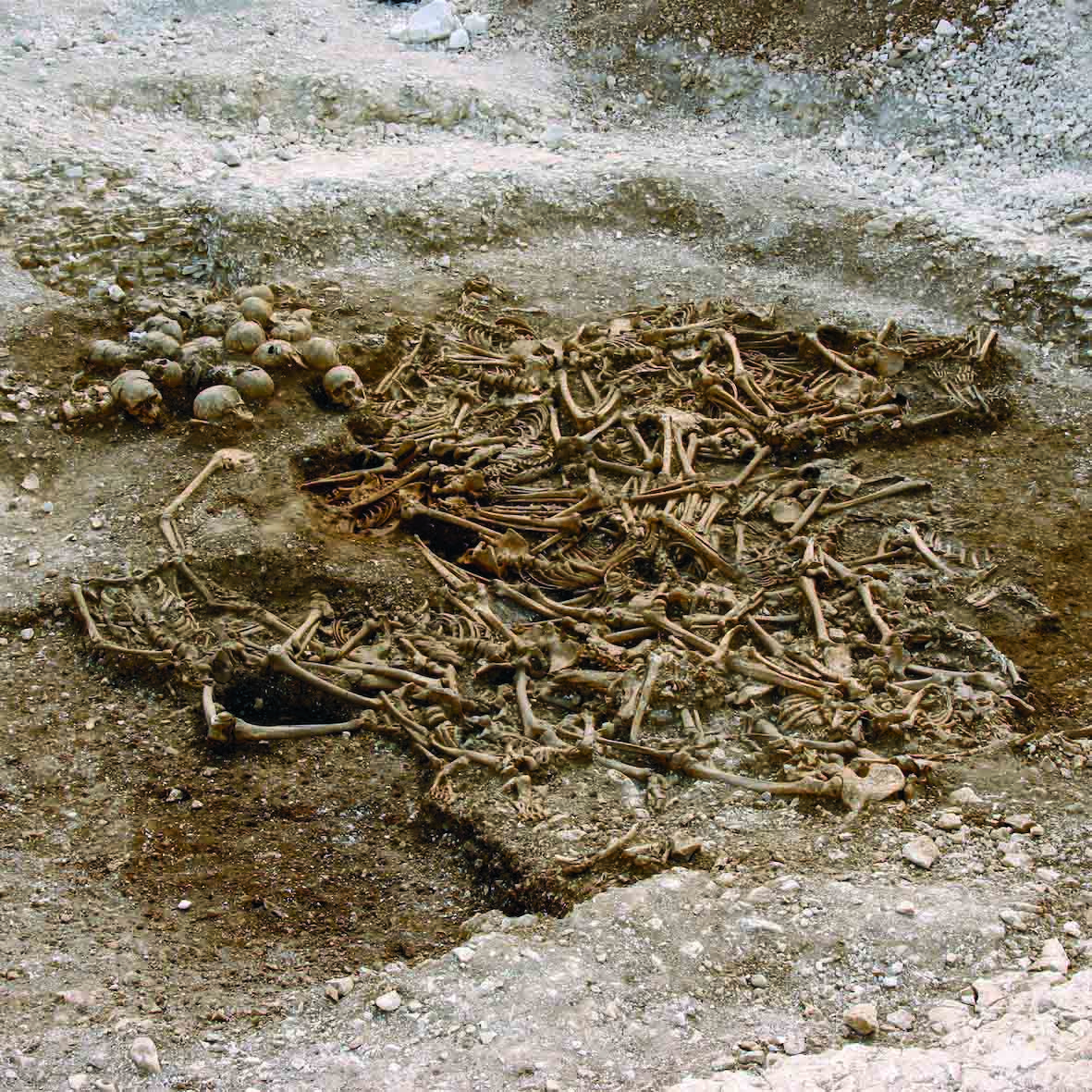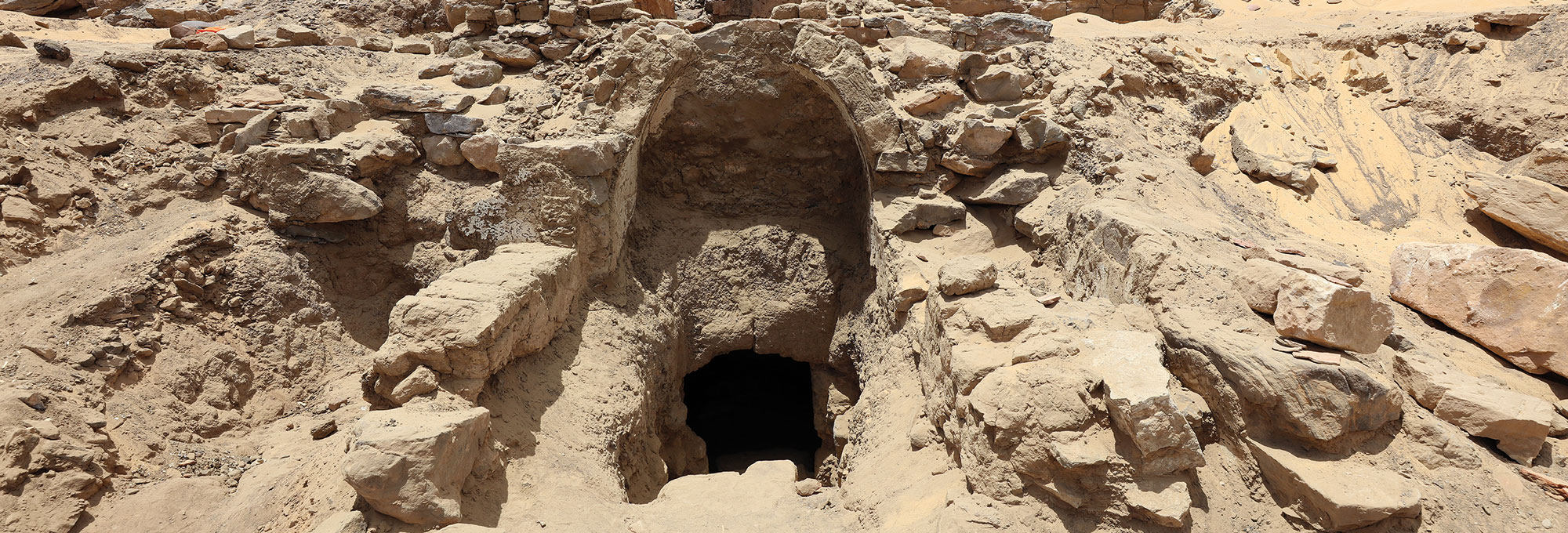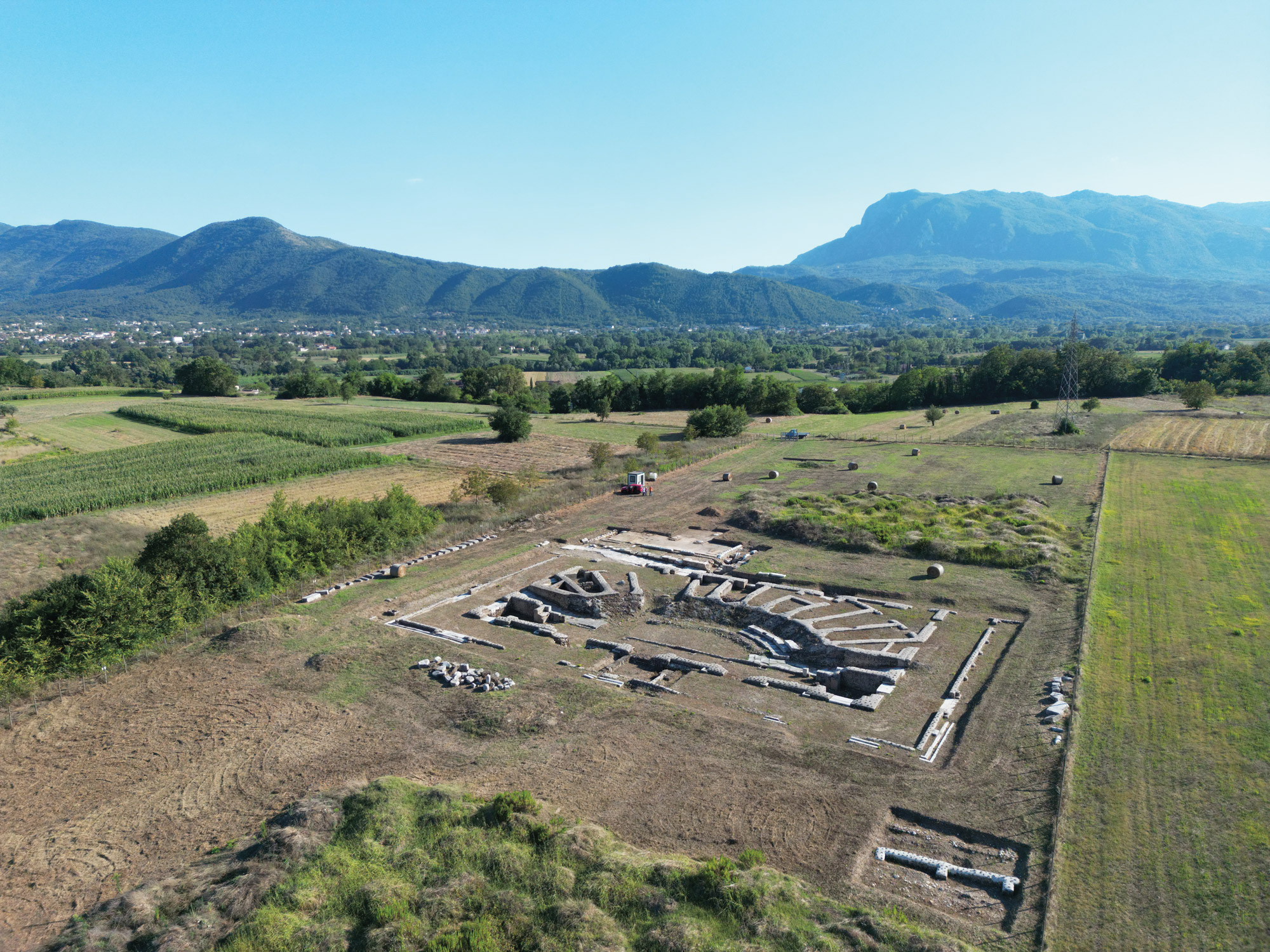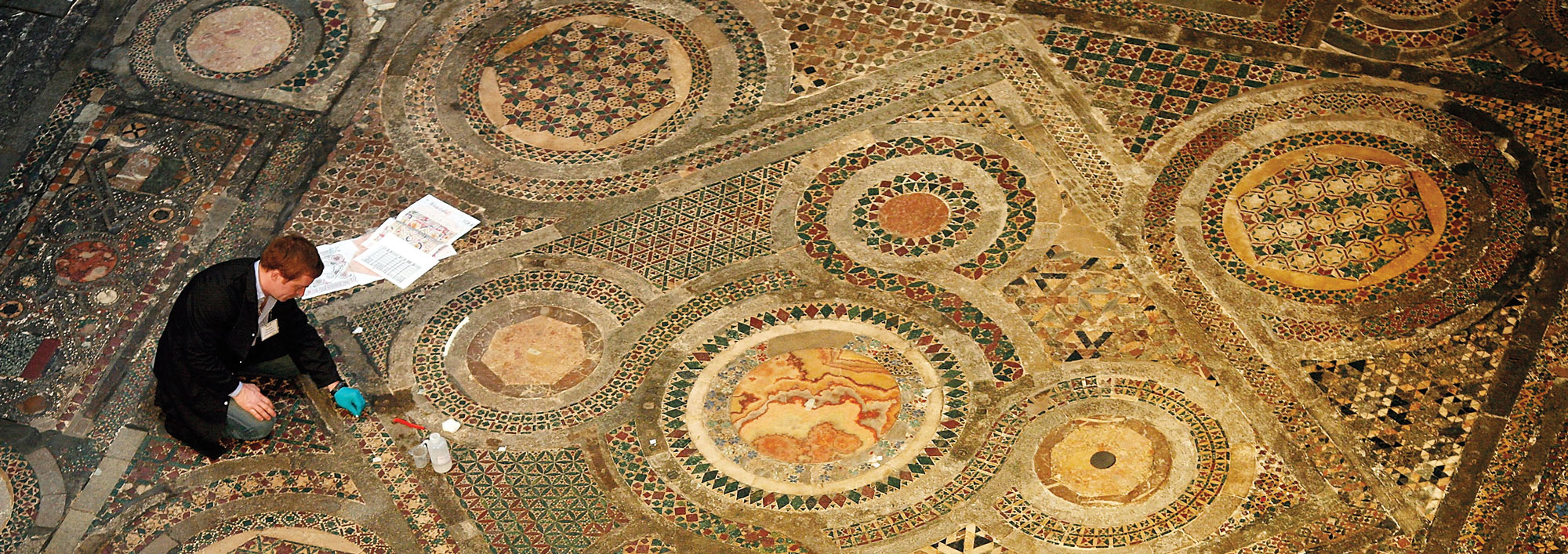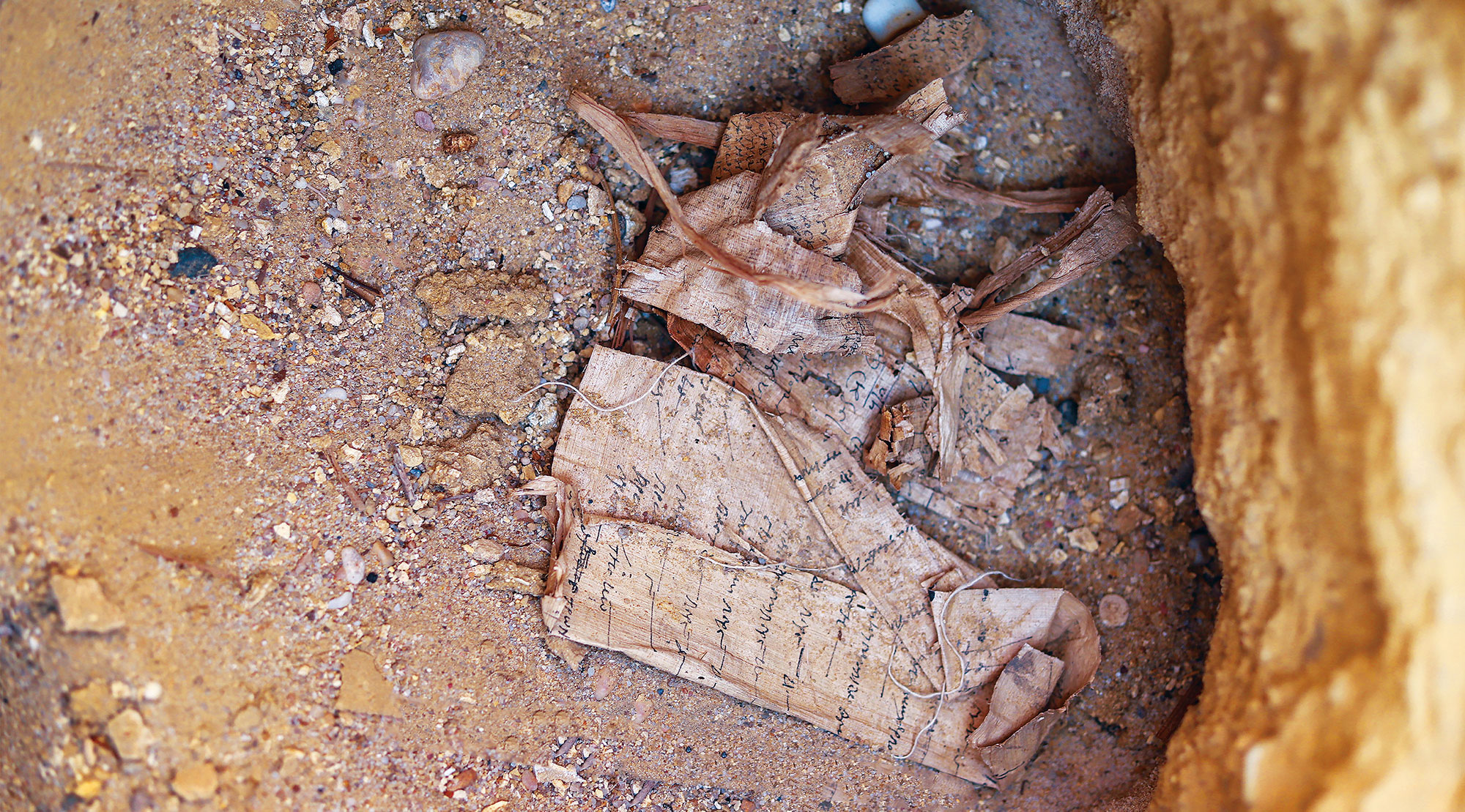
LONDON, ENGLAND—According to a BBC News report, scientists are employing a new method to analyze ancient DNA and detect genetic changes that occurred over just a few generations, most likely through migration and interaction with new populations. To do this, the researchers took published genetic data from thousands of ancient people, and then calculated how closely they were related to each other through inherited chunks of DNA. They were then able to track how and when these chunks of DNA were passed between groups, in order to create a family tree. More recent genetic changes show up in the family tree as newer “twigs,” yielding the name “Twigstats” for the project. “We want to understand many different epochs in European and British history, from the Roman period, when the Anglo-Saxons arrived, through the Viking period, and see how this shapes the ancestry and diversity in this part of the world,” said team leader Pontus Skoglund of the Francis Crick Institute. Study of the DNA could also reveal how epidemics, changes in diet, urbanization, and industrialization affected these groups, he concluded. Read the original scholarly article about this research in Nature. For more on cutting-edge research in archaeogenetics, go to "Ancient DNA Revolution."


